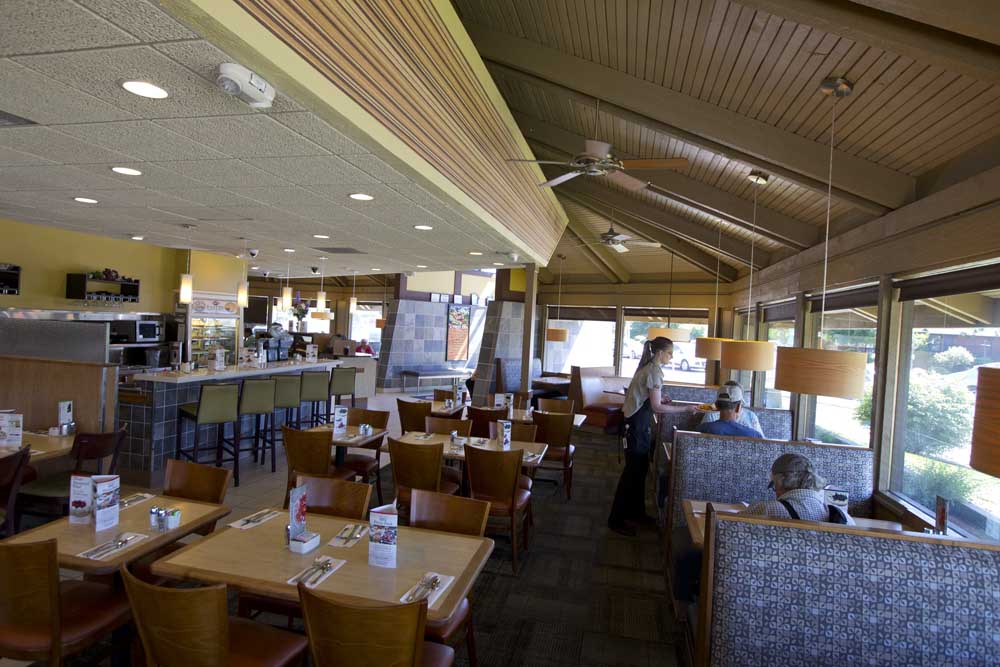What does green really mean?
Published 5:00 am Wednesday, September 24, 2008

- What does green really mean?
It sure didn’t take long for marketers to figure out that consumers would spend a little more on something that calls itself “green.”
Now, almost everything seems to claim it is friendly to the Earth, but what does that even mean?
That’s a good question, because standards vary with each certification system and product, says Katy Bryce, the sustainable business program director for the Central Oregon Environmental Center.
“To be ‘green’ is really broad and changing all the time,” Bryce said. “And it totally depends on what the product is.”
When speaking about general consumer products we might go to the store to buy, green refers to a product that is durable, energy-efficient, made with a minimal impact on the environment and with recycled materials, won’t create unnecessary waste, and is eventually recyclable.
The U.S. Federal Trade Commission has guidelines for manufacturers to follow when they market their “green” products. These guidelines can help you make informed shopping choices. To view the guidelines, visit www.ftc.gov/bcp/grnrule/guides980427.htm.
“You need to look at the full life cycle of the product,” Bryce says. From its creation to its “death,” the product should leave little impact on the Earth.
Don’t fall prey to vague terms like “natural,” “clean” or “Earth-friendly,” Bryce warns. They don’t really mean anything. “‘Greenwashing’ is a new term meaning companies or businesses that claim to be green, but really aren’t,” she says.
Bryce suggests that instead of trying to judge whether a product is green, let the professionals do the work. “Look at the third-party certification,” she says. “That’s basically an organization outside the industry, coming in and looking at that product and giving it that stamp of approval.”
Some common examples:
• Earth Advantage , a sustainable building program.
• Leadership in Energy and Environmental Design , or LEED, a certification for measuring building sustainability.
• Energy Star , a joint program of the U.S. Environmental Protection Agency and the U.S. Department of Energy that qualifies energy-efficient products and practices.
• Green Seal , an approval system that uses environmental certification standards.
• Certified Organic , which certifies based on a strict adherence to organic farming that avoids synthetic chemicals.
The Environmental Center often takes calls from Central Oregon businesses and residents asking about green definitions, Bryce said, which is good, because it means the community is mindful of environmental practices.
“I think that in our community, we’re coming to a point where people really do want to do the right thing and walk the talk,” she said.
Generally speaking, buying used products is almost always better than buying something new, she says, because manufacturing uses up resources and often contributes to pollution.
Additionally, buying locally made or grown products is always better because it requires less fuel consumption and emissions.
Next time you’re shopping at a retailer, let the label help you determine if the product is truly Earth-friendly.
“Not everybody has the time to sit around and do lots of research on something like a T-shirt (being green),” she said, “which is why the labeling is so important.”






